RECOVERY OF ALUMINIUM BY-PRODUCTS IN THE REFRACTORY SECTOR
Energy-intensive activities, such as steel and aluminium production, use refractory or heat-resistant products as protective linings in furnaces. Refractory products are made from minerals, such as magnesite, graphite, dolomite and bauxite. To produce cast aluminium, bauxite-based refractory castables - or bauxite cast in bricks or other forms - are essential. The EU is highly dependent on imports of these natural resources, including bauxite. The EU imports around half a million tonnes of refractory bauxite each year, mainly from China. EU importers are therefore at the mercy of China's restrictive export policies.
Bauxite could be replaced by an alternative raw material which is obtained from the recycling of salt slag, secondary aluminium oxide. The European aluminium sector produces one million tonnes of salt slag each year from the secondary smelting of scrap and other aluminium waste. Salt slag contains salts, aluminium oxide, aluminium metal and impurities and is classified as hazardous waste in the EU. The recycling process allows for the recovery of different products, including metal oxides, with an aluminium content of 60-70% in weight, which becomes an alternative to bauxite after undergoing a transformation process.



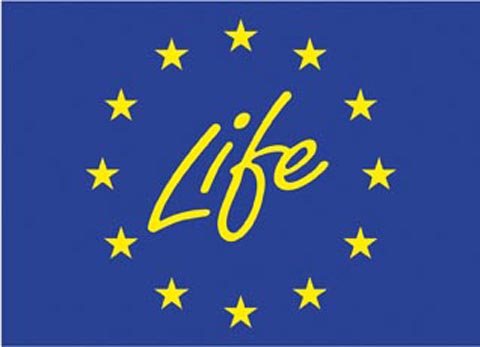

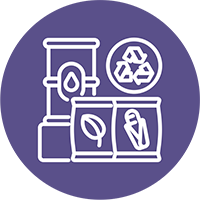


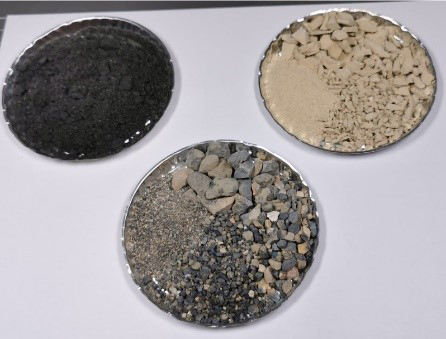
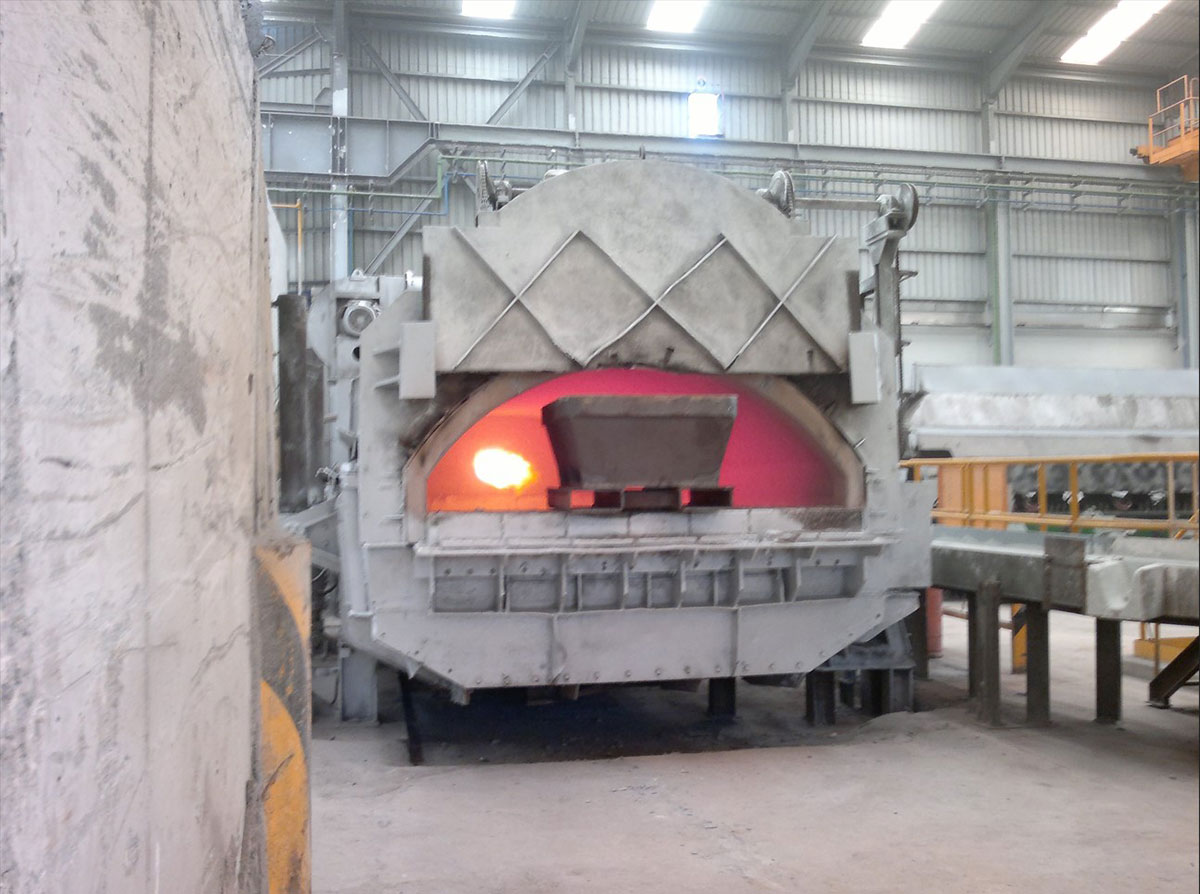
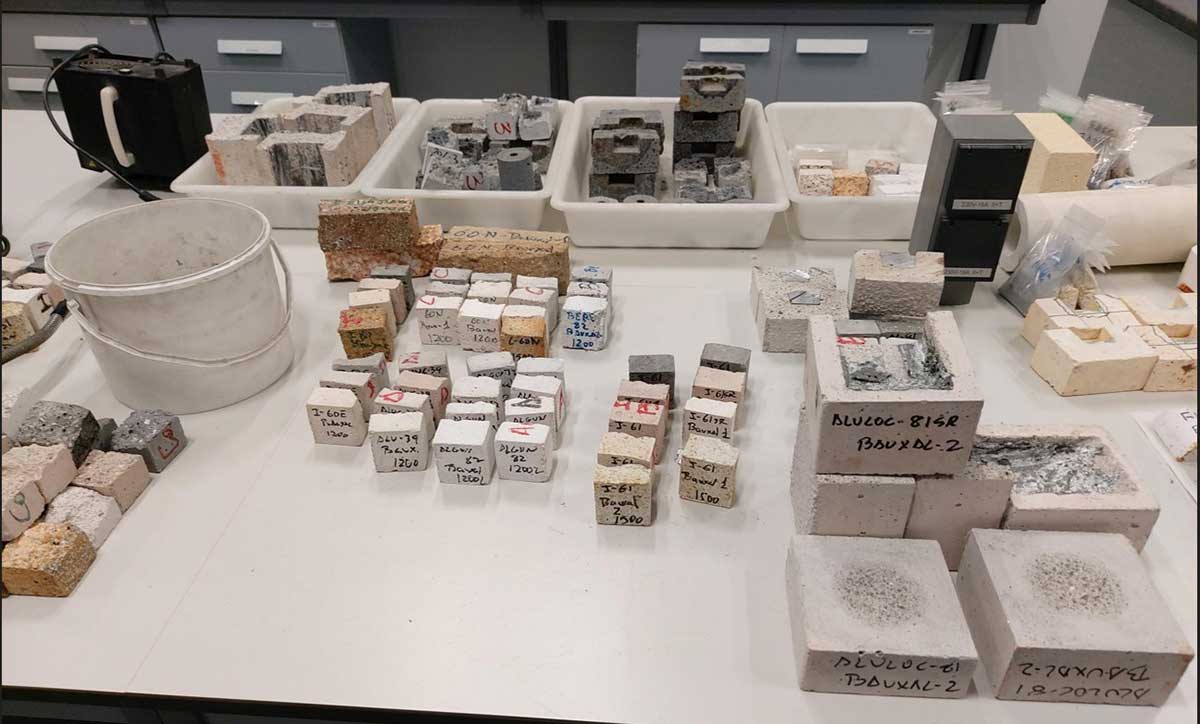
 Project website
Project website